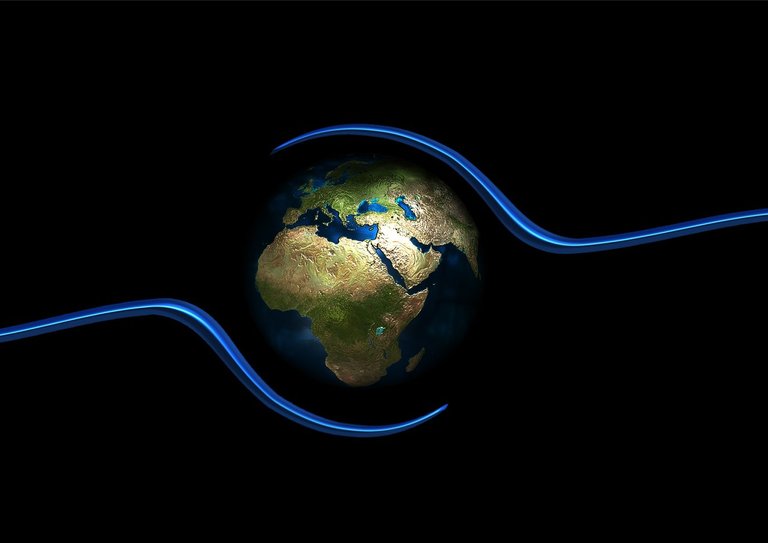
Migration flows, global poverty, the increasing world population, climate change, pollution, cybercrime… these are all problems that have several things in common: they are collective action problems and global, as well as systemic in nature. The fundamental characteristic of collective action problems is that they are extremely cooperation-hungry, notably on a transnational level. They cannot be solved in isolation by our national politicians because these problems trespass our borders.
Nowadays we live in the new epoch of the Anthropocene, where no entity on earth can escape human influence. Recently, news started spreading that even on the High Seas, that go far beyond the national jurisdiction of states and are considered ‘common goods of mankind’, plastic and other trash originating from human activities had been found at a depth of 11000m. This example illustrates that even the most remote places on earth are not left untouched by human influence. Apart from its negative impact on the marine environment and severe consequences for us humans, it also serves as an example of how the actions of one state can significantly affect another state and cause indirect harm. The world and its citizens are more inter-connected than ever before.
In an era of globalization, world economy, inter-connection and global communication, we need more (and not less) governance on the international level to solve our problems. Climate change, for instance, is not a problem that can be addressed by a handful of states alone. It is already inevitable that the effects of climate change on the most vulnerable countries will cause massive migration flows, since vast areas of land will become arid, flooded by sea-level rise or otherwise inhabitable. The combination of these collective action problems and the lack of an effective global government calls for greater action on a regional level. This is where organizations such as the EU, OAS or ASEAN play a crucial role in bringing national governments together to formulate solutions to our global problems. Especially the EU, with its unique supranational feature, can have a much more effective reach and harmonize targets of the member states, e.g. when setting specific energy goals for the upcoming years. The common approach within the EU also facilitates implementation of international agreements such as the Paris Agreement of 2015.
In the end, a real global government would obviously go beyond our understanding of democratic legitimacy and be practically impossible to implement, however, the existing regional organizations have great potential in addressing the collective action problems of the present and the future. I think it is important to raise this point especially in times of stronger populist movements. Where a state is burdened by the number of incoming refugees, isolation is no solution to the problem but, instead, there is a need for greater solidarity and cooperation among the states. These are among the core values of the EU.
Comments are appreciated.
steem 3000
@steem3000, thank you for supporting @steemitboard as a witness.
Click on the badge to view your Board of Honor.
Once again, thanks for your support!
Congratulations @steem3000! You have completed some achievement on Steemit and have been rewarded with new badge(s) :
Click on the badge to view your Board of Honor.
If you no longer want to receive notifications, reply to this comment with the word
STOPCongratulations @steem3000! You received a personal award!
You can view your badges on your Steem Board and compare to others on the Steem Ranking